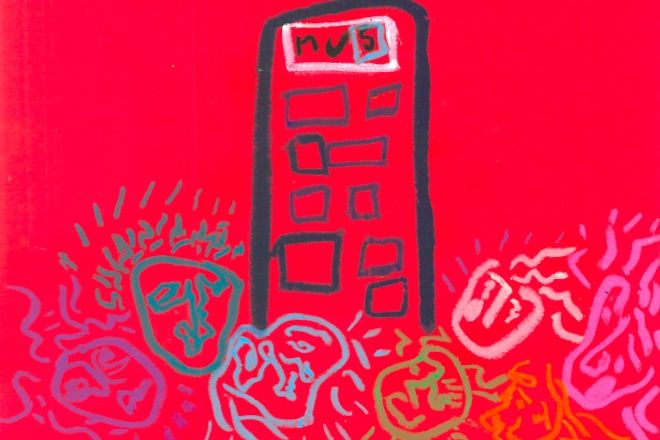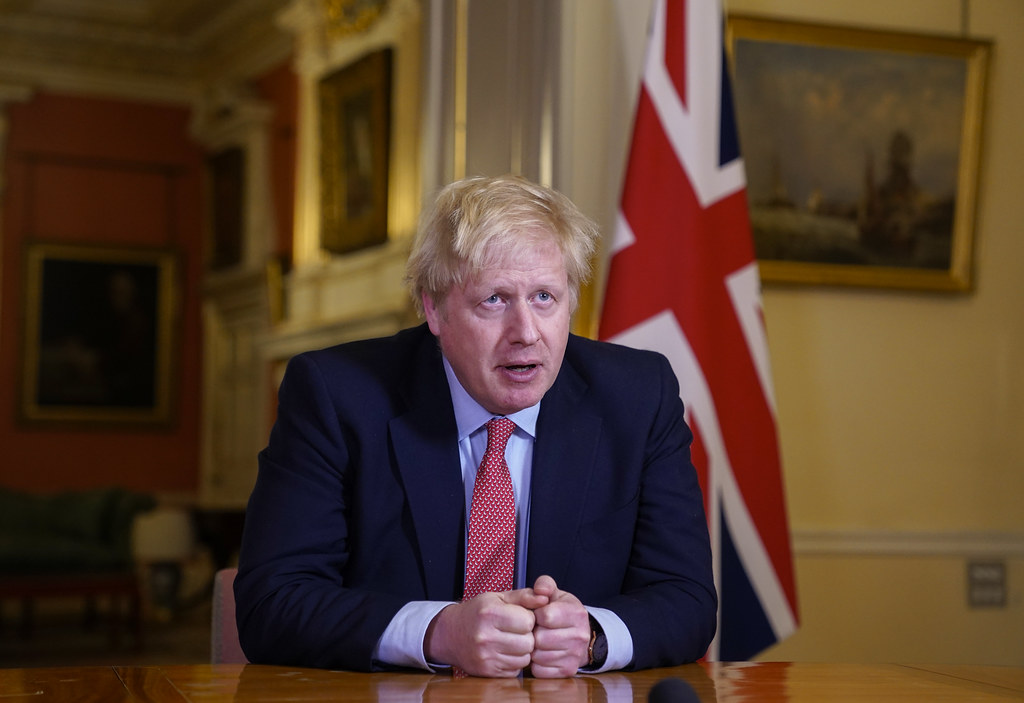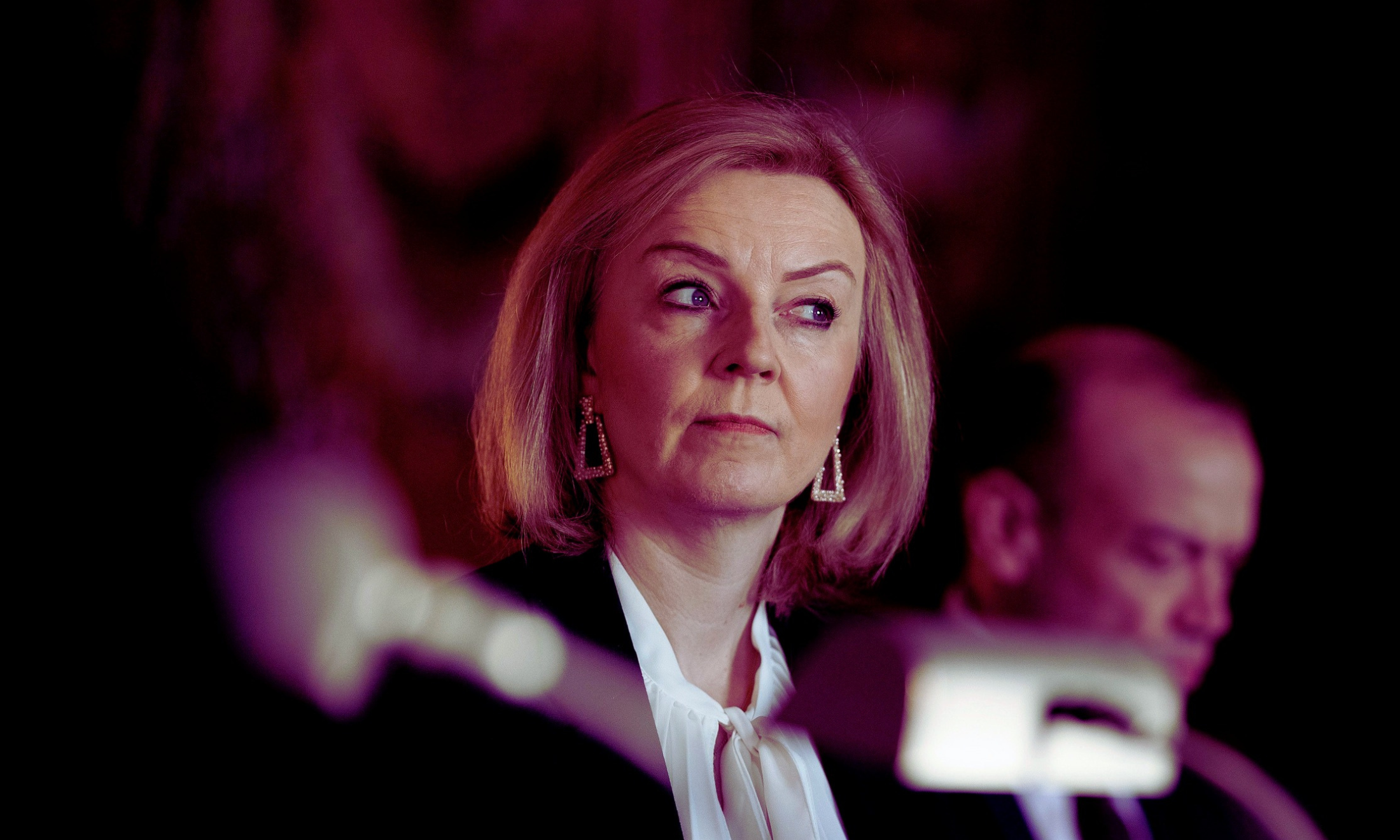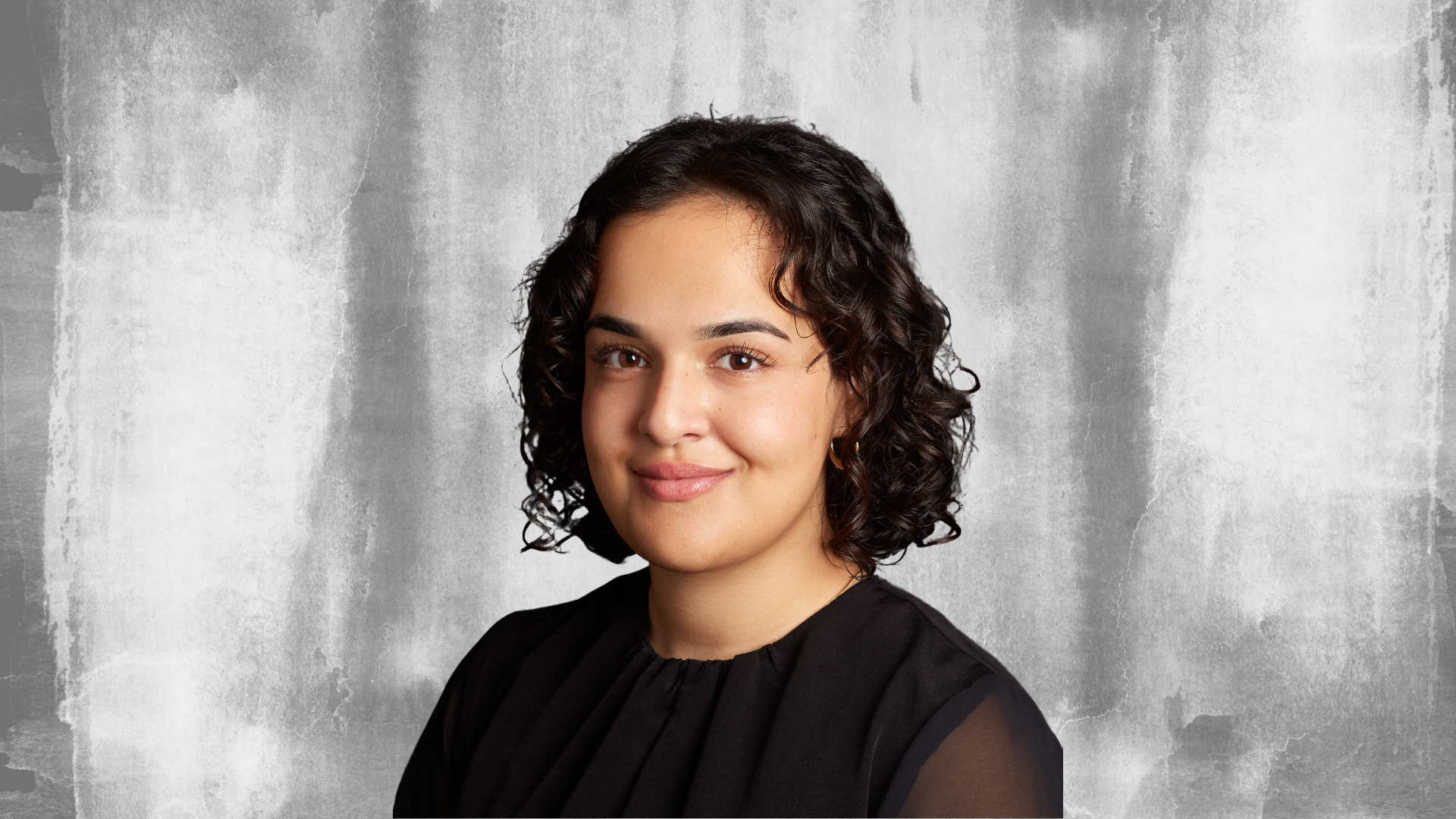
2016 was a tricky one for coverage of student politics in the UK media. Student politics in the UK can be defined by its organisations, the National Union of Students (NUS) and within that, the over 600 member student unions (SUs) of the NUS. It can also be defined by the political leanings on campuses across the country. These lines between these informal and formal organisations have increasingly blurred, making student politics a quagmire of potent yet confusing political activity. For many students across the UK, student politics is not doing its job of representation. It is coming across as a petulant child that badly requires discipline.
Tom Harwood, Durham University’s NUS Delegate, recently appeared on BBC2’s Daily Politics programme to discuss his views on the state of student politics. His main concern was that the NUS in his words:
“…doesn’t represent students anymore, and it hasn’t done for a long time. It’s run by a group of people, a very narrow group of people, who come from an even narrower spectrum of opinion, and they’re in no way representing the issues that actually matter to students.”
That’s the charge against the NUS. It is a valid one, in light of the numerous controversies it has faced this year. Harwood then goes on to elaborate saying:
“I think the NUS undermines itself with their banning of newspapers on campuses across the country, boycotting of Coca Cola because they have factories in Israel, with their focus on issues that have nothing to do with the actual lives of students….”
Sorana Vieru, NUS vice president of higher education, is sceptical of lumping all students’ concerns together. “Who is the average student?” she asks. “They don’t exist.”
Harwood believes he is challenging the NUS’ unrepresentative nature by opposing its support of various issues, highlighted above. But all he is really doing is trying to give a school of thought, which opposes the Leftist view on Israel and tabloid media for example, a higher profile within the NUS.
Vieru comments that students with similar views to Harwood are perfect candidates for NUS participation. “If Tory students mobilise across campuses, they can get elected as NUS delegates next year and represent their views and motions at conference.”
Anecdotally, turnouts in student elections are famously low. Even at SOAS, which is well-known for its politically active campus, total votes cast in the 2016 elections for a mix of posts, including NUS Delegates, was 1637. There are 5,500 students at SOAS, so why aren’t they voting?
Anna Matheson wrote in The Telegraph in 2014 that many young people just don’t care. In addition to their work on campuses to introduce online voting and making elected office accessible – to students with dependents for example – the NUS needs a national campaign educating students on participation’s merits. They have a presence in every single member union, and they must use it more effectively.
“I don’t think students are apathetic; there are barriers to participation,” says Vieru. She lists a number of obstacles, from poor relations between SUs and university governors, to low election budgets and onerous university election rules. But student campaigns can be lacklustre too. “There needs to be something to engage with. Students can feel disheartened by public campaigns that fail to have an impact.” (2010, case in point).
Malia Bouattia, the NUS President controversially elected in April 2016, has been a false scapegoat for much of the NUS’s poor representation problems. The Leftist politics which have become entrenched in the NUS, and in SUs nationally, are problematic not for their stance, but for their method. They favour direct action and energetic rhetoric with a belligerence that is frightening.
“I think it is fair to say we are a left-wing union,” Vieru says. “But we arrived at that via democratic processes. All our policies are tabled as motions, which are voted on by delegates from universities across the UK.”
On issues of international solidarity with Palestine, there was a lack of reasoned debate in defending the NUS position. The Union was slow in responding to the allegations of anti-Semitism. There is a conflation between opposing Israel’s actions and being anti-Semitic. This warrants intellectual discussion that must be had in an open forum, preferably at an NUS conference. “We are closely affiliated with the National Union of Jewish Students, and would defer to them for a definition of anti-Semitism. It’s difficult to pin down a definition, especially because of the links with foreign policy. But we will stick with our values on letting the affected group define the discrimination,” Vieru says.
Controversy within the NUS has not been in short supply. At this year’s NUS Black Students Conference (BSC), the issue of “political blackness” was a thorn in the side of the organisation. Speaking at a SOAS debate on the legitimacy of political blackness, Cambridge SU President Priscilla Mensah, described the atmosphere at BSC as one of “bullying”. Mensah has made some valid points against continuing the use of “politically black” as an umbrella term for all people of colour and all their struggles. The fact that political blackness allows Bouattia to be named the first black woman President of the NUS, and no one bat an eyelid, is problematic. That conversation was apparently shut down at BSC, and the NUS has not addressed this.
On this, Vieru acknowledged that political blackness was prime territory for debate. I also noticed that she avoided calling Ms Bouattia “black” in her description of her as the first non-white NUS president. Vieru explained that such a debate wouldn’t be appropriate at a national NUS conference, as there would be no need to include “white voices in a discussion black people are having about their blackness” so to speak. Even so, political blackness exemplifies the NUS’s adoption of ideologies that fail to unite student politics.
I believe there is life in the NUS if it rejects the insular, echo chamber politics that have characterised it over the last five years. Campaigns from at least 25 SUs to disaffiliate from the NUS, should be a wake-up call that its methods of engagement have alienated its best resource: students on campuses across the UK. There is strength in unity always. In its history, the NUS has bravely faced down injustice and unfairness on behalf of its membership, for the few and for the many. It must pursue a unity which is strong, which listens to and engages with the concerns of its members.
Image by Priyanka Meenakshi (@priyankameenakshi)









